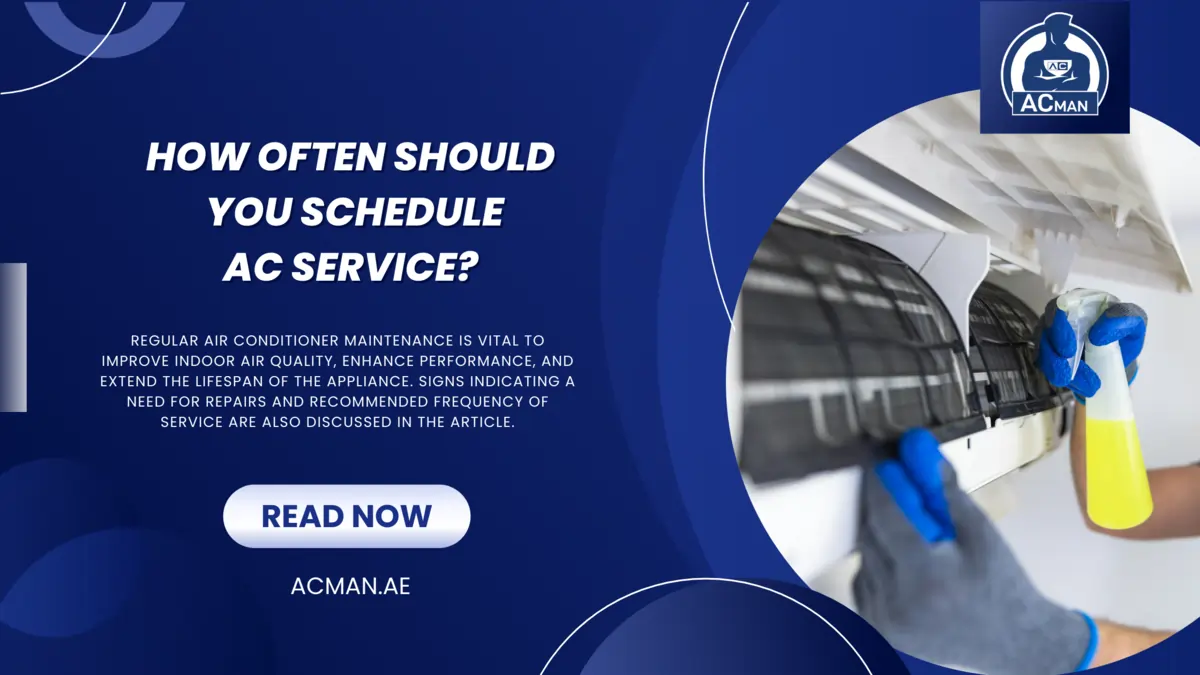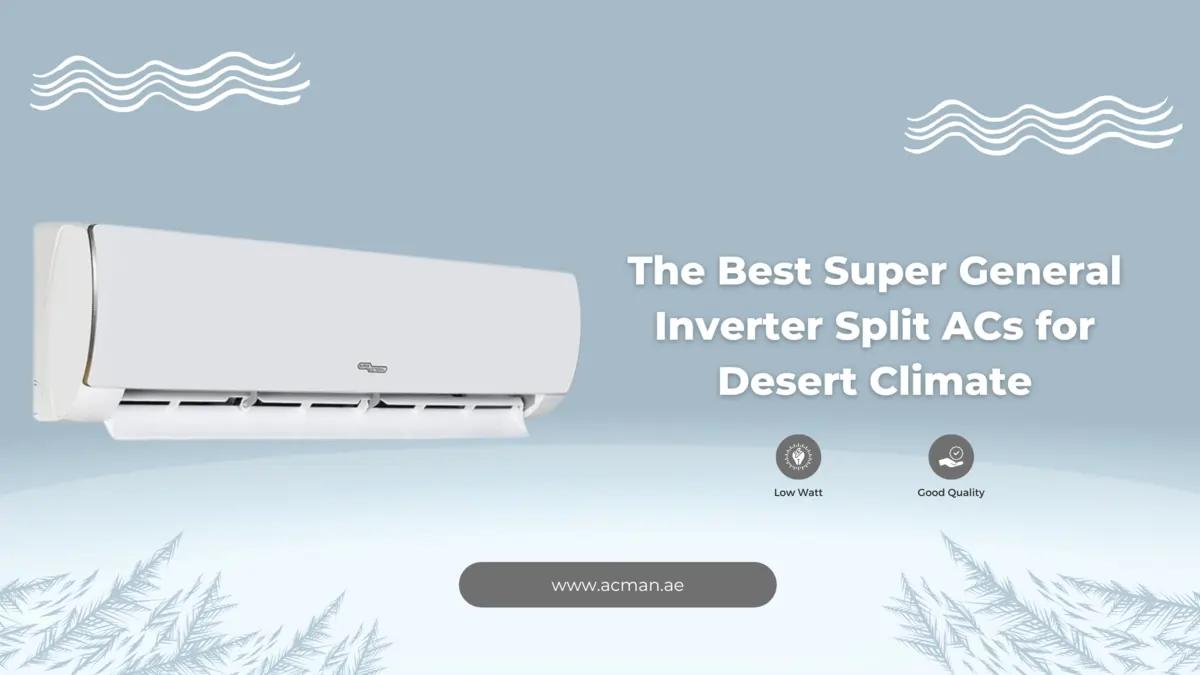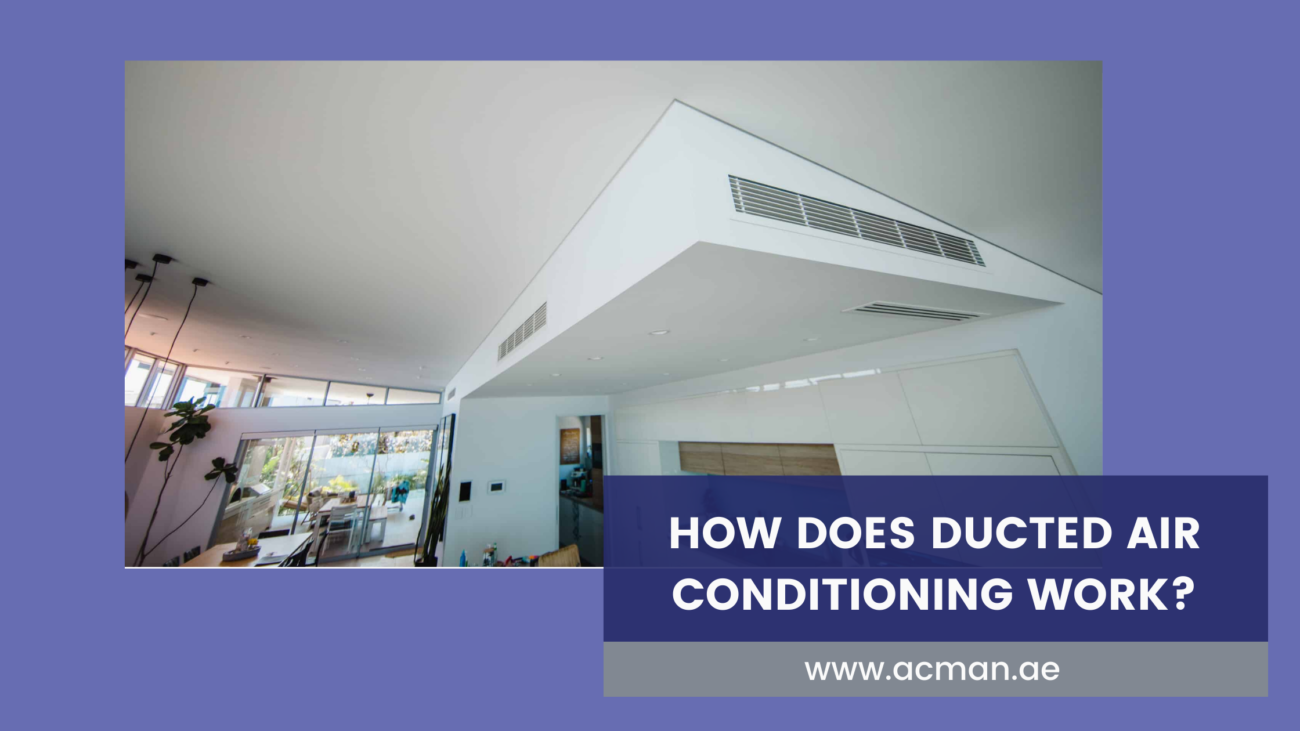Investing in the right commercial AC system is crucial for maintaining a comfortable and productive environment for your employees and customers. With so many options available in the market, choosing the perfect commercial AC can be a daunting task. But fear not—we’ve got you covered with this ultimate guide to help you navigate the process and make an informed decision.
Introduction
Imagine stepping into a sweltering commercial space, where the air is thick and stagnant, leaving you drenched in sweat within minutes. Not only is this an unpleasant experience, but it can also lead to decreased productivity, customer dissatisfaction, and even potential health issues. On the other hand, a well-regulated and comfortable environment can boost morale, increase efficiency, and create a welcoming atmosphere for your business.
That’s where a high-quality commercial AC comes into play. Unlike residential air conditioning systems, commercial ACs are designed to handle the unique demands of large spaces, high occupancy levels, and varying temperature requirements. With the right commercial AC, you can ensure a pleasant and productive environment while reducing energy costs and minimizing your carbon footprint.
Factors to Consider When Choosing a Commercial AC
Before delving into the different types of commercial ACs, it’s essential to understand the key factors influencing your decision. Here are some crucial considerations:
- Building Size and Layout: The size and layout of your commercial space will significantly determine the capacity and type of commercial AC you need. Larger spaces with high ceilings, multiple floors, or numerous rooms require a more powerful and versatile system than smaller, open-plan areas.
- Occupancy Levels: The number of people occupying the space at any given time will impact the cooling requirements. High-traffic areas, such as retail stores, restaurants, or office spaces, require a larger, more efficient commercial AC system to maintain comfortable temperatures.
- Climate and Weather Conditions: The local climate and weather patterns in your area will also influence your choice of commercial AC. Regions with extreme temperatures or high humidity levels may require specialized systems with advanced features to maintain optimal indoor conditions.
- Energy Efficiency: Energy efficiency is a crucial factor to consider, not only for environmental reasons but also for cost savings. Look for commercial ACs with high SEER (Seasonal Energy Efficiency Ratio) and EER (Energy Efficiency Ratio) ratings, as they can significantly reduce energy bills over time.
- Noise Levels: Depending on the nature of your business, noise levels may be a concern. Some commercial ACs are designed to operate quietly, making them ideal for environments where noise pollution could be disruptive, such as hotels, libraries, or healthcare facilities.

Types of Commercial ACs
Now that you understand the key factors to consider let’s explore the different types of commercial ACs available in the market:
- Packaged Rooftop: Units Packaged rooftop units are self-contained systems that combine heating, cooling, and air-handling components into one unit. These commercial ACs are typically installed on a building’s roof, making them a space-saving solution for commercial spaces with limited indoor space. They are ideal for small—to medium-sized buildings and are available in various capacities.
- Split Systems: Split systems consist of two units – an indoor unit (air handler) and an outdoor unit (condensing unit). These commercial ACs are highly versatile and can be customized to suit various building layouts and cooling requirements. Split systems are excellent for larger commercial spaces or buildings with multiple zones or floors.
- Variable Refrigerant Flow (VRF): Systems VRF systems, also known as VRV (Variable Refrigerant Volume) systems, are highly efficient and flexible commercial ACs. They consist of an outdoor condensing unit connected to multiple indoor units, allowing for precise temperature control in individual zones or rooms. VRF systems are energy-efficient, offer excellent zoning capabilities, and are well-suited for buildings with diverse cooling needs.
- Ductless Mini-Split Systems: Ductless mini-split systems are popular for smaller commercial spaces or individual rooms. These systems consist of an outdoor condensing unit connected to one or more indoor air handling units through a simple conduit. They are easy to install, energy-efficient, and offer individual temperature control for each room or zone.
- Packaged Terminal Air Conditioners (PTACs): PTACs are self-contained commercial AC units designed for individual rooms or small spaces. They are commonly used in hotels, motels, apartments, and senior living facilities. PTACs are easy to install, offer individual temperature control, and are often more cost-effective than centralized systems for smaller applications.
If you want to know more read our article: Different Types Of Air Ducts For Air Conditioners
Choosing the Right Commercial AC

Now that you’re familiar with the different commercial ACs, it’s time to determine which one best suits your business needs. Here are some key steps to help you make an informed decision:
- Consult with a Professional Working with a reputable HVAC contractor or professional is crucial when choosing a commercial AC system. They can thoroughly assess your commercial space, analyze your cooling requirements, and provide expert recommendations based on your needs.
- Calculate Cooling Load An accurate cooling load calculation is essential to ensure that you select a commercial AC system with the appropriate capacity. This calculation considers building size, insulation, occupancy, and heat-generating equipment or processes.
- Consider Energy Efficiency: Consider commercial ACs with high SEER and EER ratings and energy-saving features like variable-speed compressors, programmable thermostats, and advanced controls. These features can help you save significantly on energy costs over the lifetime of your system.
- Plan for Maintenance and Service Regular maintenance and service is crucial for ensuring your commercial AC system’s longevity and optimal performance. Choose a reputable manufacturer that offers comprehensive warranties and reliable service support in your area.
- Evaluate Installation Costs In addition to the cost of the commercial AC unit itself, consider the installation costs, which can vary greatly depending on the type of system, building infrastructure, and complexity of the installation process.
- Prioritize Indoor air quality (IAQ). IAQ is critical to maintaining a healthy and productive environment. To ensure optimal air quality, look for commercial ACs with advanced filtration systems, humidity control, and air purification features.
Conclusion
Choosing the right commercial AC for your business is a significant investment that requires careful consideration and planning. By following the guidelines outlined in this ultimate guide, you’ll be well-equipped to navigate the selection process and make an informed decision that meets your needs.
Remember, a high-quality commercial AC system provides a comfortable environment for your employees and customers, increasing productivity, customer satisfaction, and long-term cost savings. Invest in the right commercial AC today and reap the benefits for years.















